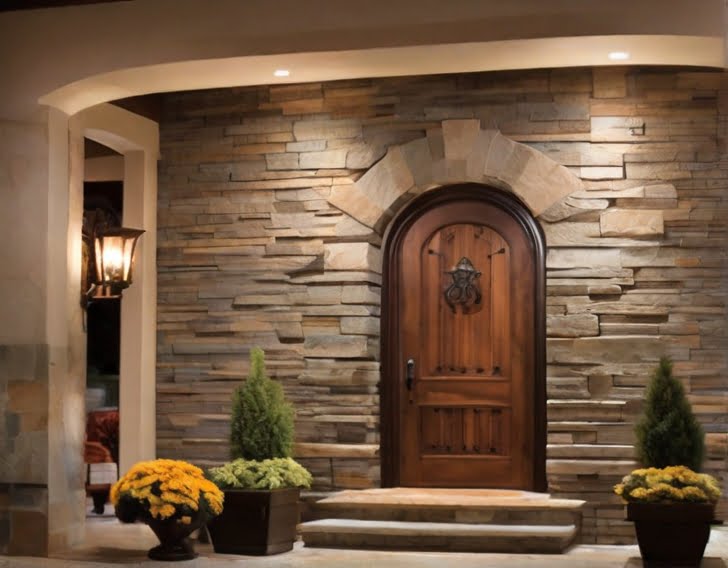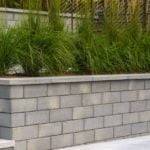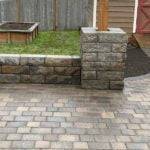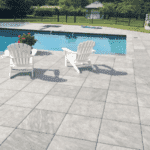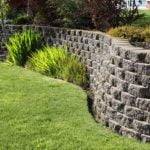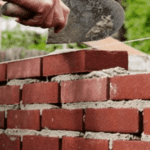In the ever-evolving world of construction and remodeling, materials play a pivotal role in achieving both aesthetic appeal and durability. One such material that has gained immense popularity is stone veneer. Let’s dive into the intricacies of Stone Veneer, exploring its definition, cost, disadvantages, water resistance, and how it compares to brick.
What is Stone Veneer?
Stone veneer, in the context of construction and remodeling, refers to a thin layer of natural stone applied to a surface. It’s a versatile material that mimics the appearance of full-depth natural stone, providing an authentic and high-end aesthetic without the weight and cost associated with traditional stone. This type of veneer is often used to enhance both interior and exterior surfaces, offering a timeless and elegant finish.
Is Stone Veneer Expensive?
One common concern when considering stone veneer is its cost. While it exudes luxury, the price is often more affordable than using full-depth natural stone. The cost of stone veneer can vary based on factors such as the type of stone, quality, and installation requirements. It’s crucial to consider the long-term benefits and visual appeal when evaluating the cost-effectiveness of stone veneer for your construction or remodeling project.
For more information on the cost of stone veneer, you can visit Builds More for detailed insights.
Disadvantages of Stone Veneer
Despite its many advantages, it’s essential to be aware of the potential drawbacks of stone veneer. One significant disadvantage is its susceptibility to damage from impact. Unlike full-depth stone, stone veneer is more prone to chips and cracks, especially in high-traffic areas or during construction.
Additionally, the installation process requires precision and expertise. Improper installation can lead to issues such as water infiltration and reduced longevity. It’s crucial to hire experienced professionals to ensure the stone veneer is installed correctly, mitigating potential problems down the road.
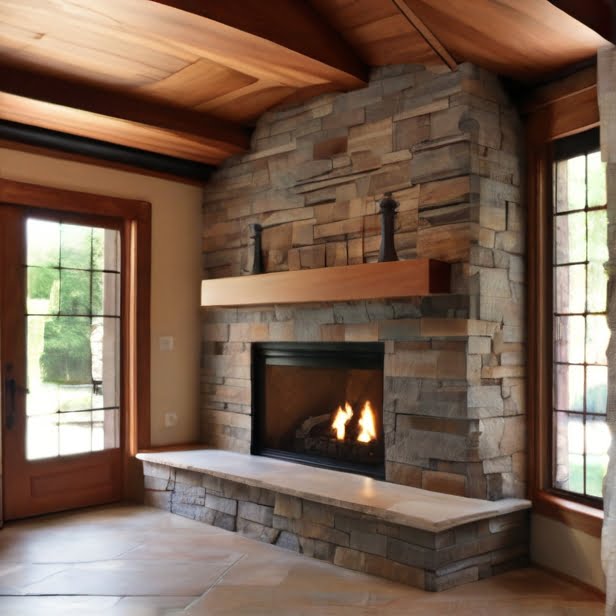
Is Stone Veneer Waterproof?
The water resistance of stone veneer is a common inquiry, particularly for exterior applications. While stone veneer itself is not entirely waterproof, it does offer good resistance to water when installed correctly. The key lies in the installation process, which should include a proper moisture barrier and sealant to prevent water penetration.
It’s important to note that despite its resistance to water, regular maintenance is essential to ensure the longevity of the stone veneer. Periodic inspections and resealing, especially in areas with harsh weather conditions, will help maintain its water-resistant properties over time.
Is Stone Veneer Cheaper than Brick?
Comparing stone veneer to brick is a common consideration for those embarking on Construction or remodeling projects. Both materials offer unique benefits, but stone veneer often proves to be a cost-effective alternative to traditional brick.
The cost of brick can vary based on factors such as the type of brick, region, and installation complexity. Stone veneer, on the other hand, provides a more affordable option while delivering the rich and sophisticated appearance of natural stone. When evaluating costs, it’s crucial to consider not only the initial investment but also the long-term value and aesthetic appeal that stone veneer brings to your project.
Types of Stone Veneer
When it comes to stone veneer, there’s a diverse range of options to choose from, each with its unique characteristics and visual appeal. Some common types include:
Natural Thin Stone Veneer:
Crafted from real stone, this type provides an authentic look with reduced weight, making it suitable for various applications.
Cultured Stone Veneer:
Also known as manufactured or faux stone, this type is made from a mix of cement, aggregates, and iron oxides, mimicking the appearance of natural stone.
Stacked Stone Veneer:
This style involves arranging stones in a stacked pattern, creating a modern and eye-catching design. It’s a popular choice for accent walls and fireplace surrounds.
Understanding the different types allows you to choose the one that best aligns with your project goals and aesthetic preferences.
Maintenance and Care
Maintaining the beauty of stone veneer involves a combination of proper installation and regular care. Here are some tips for maintaining your stone veneer:
Cleaning:
Use a mild detergent and water solution to clean the surface. Avoid harsh chemicals that may damage the stone or affect its color.
Sealing:
Applying a quality sealer enhances the water resistance of stone veneer. Consult with your installer to determine the appropriate sealer for your specific type of veneer.
Inspections:
Periodically inspect the stone veneer for any signs of damage, such as cracks or chips. Prompt repairs can prevent more extensive issues.
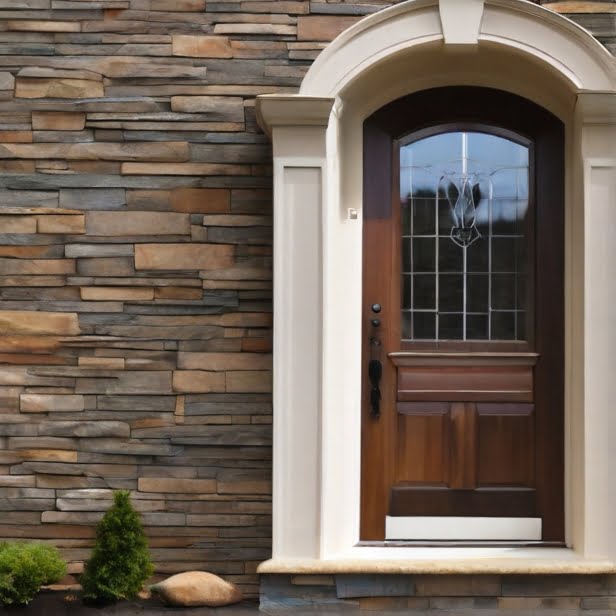
Installation Considerations
Successful installation is crucial for the longevity and performance of stone veneer. Here are some key considerations during the installation process:
Substrate Preparation:
Ensure that the surface where the stone veneer will be applied is clean, structurally sound, and free of moisture.
Weather Conditions:
Avoid installing stone veneer during extreme weather conditions, such as extreme heat or cold, as it can impact the curing process of adhesives and sealants.
Professional Installation:
While some homeowners may attempt a DIY installation, hiring professionals ensures precision and adherence to industry standards.
Environmental Impact
As sustainability becomes a growing concern in construction, it’s essential to consider the environmental impact of materials. Stone veneer, particularly natural thin stone veneer, tends to have a lower environmental impact compared to full-depth natural stone. The reduced weight means less energy is required for transportation, contributing to a more eco-friendly choice for environmentally conscious projects.
Conclusion
Stone veneer stands as a testament to the innovation within the construction and remodeling industry. Its ability to combine the luxurious appearance of natural stone with practical benefits makes it a popular choice for a wide range of projects. As with any construction material, careful consideration of factors such as cost, disadvantages, water resistance, and comparison to alternatives like brick is essential.
If you’re considering stone veneer for your next project, visit Builds More for expert guidance and a comprehensive understanding of the costs involved. Embrace the beauty and durability of stone veneer, transforming your space into a timeless masterpiece.


